hindu Festivals & Rituals
April

Gudi Padwa (23rd April 2024)
Gudi Padwa
The word ‘Gudi’ means flag. Gudi Padwa is the flag hoisting of a flag. It is the day of the coronation of Lord Rama. The flag symbolies Lord Rama’s victory over Ravana-the giant.
Gudi Padwa is the Hindu New Year and is celebrated across India with many different names & traditions. Known as Gudi Padwa in Maharashtra, Gujarat & Goa. Known as Samvatsar Padvo, Ugadi, Yugadi, Cheti Chand, Navreh, or Sajibu Nongma Panba Cheiraoba in other parts of India.
Deity Associated with Gudi Padwa
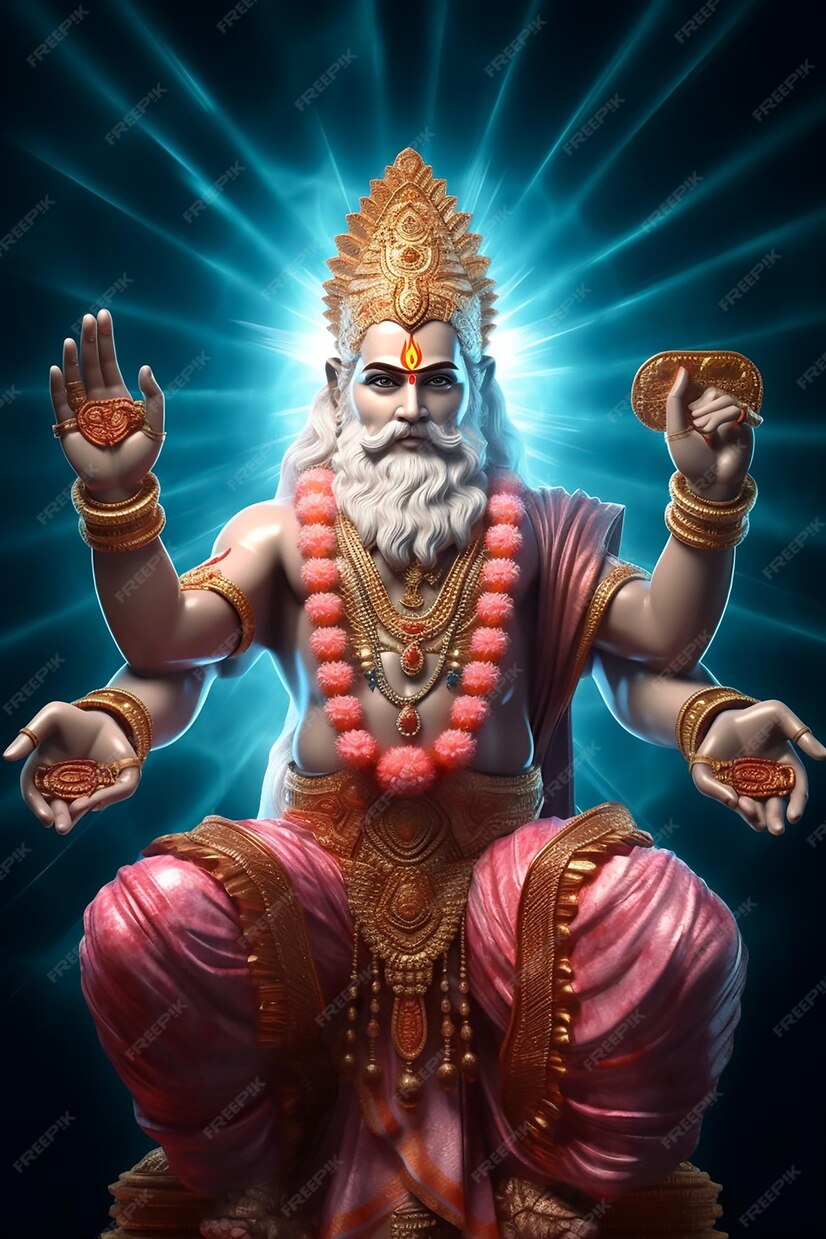
The Deity: The deity associated with Gudi Pudwa is Lord Bramha. A three-faced creator of this Universe. The universe is believed to be a manifestation of Bramha’s dream in Hinduism.
Quantum Mechanics of Hinduism: It is believed that it is on this day, that Bramha created the universe. It is believed that time dilatation is the slowest where Brahma lives. A cycle of the universe lasts 1 day & 1 night of Bramha. This equals 8.64 billion Earth years.
Padwa is also the day the great Hindu Sage Aryabhatta invented the Panchang (Hindu lunisolar calendar) in the 4th-5th century, calculating the time of one revolution by each of the 9 planets in the solar system in alignment with seasons on earth & its corresponding astronomical cycles. He was a great devotee of Bramha, attributing his inventions as revelations from the lord. His calculations stand the test of time as they correspond to the modern Gregorian calendar.
Spiritual Symbolism: The three faces of Bramha represent the constant cycle of the universe starting from creation, preservation, and ending with destruction. The universe is believed to be manifested into creation as he sleeps & destroyedas he wakes up and created
again as he sleeps.
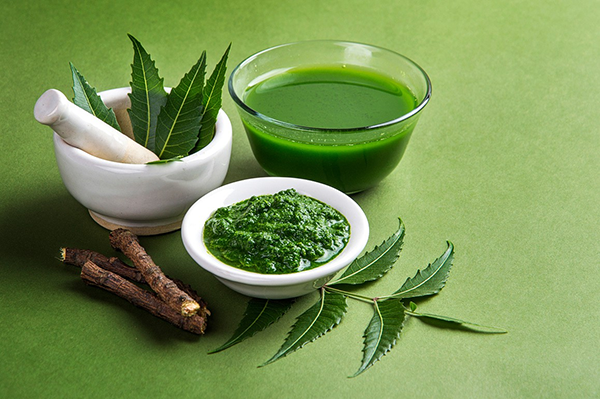
Wellness Elements Associated with Gudi Padwa
Indian Lilac: It is tradition to eat the bitter leaves of the Indian lilac known as ‘neem’. People mix them with their morning drinks or sweeteners of their choice before eating them. These leaves are also tied around the hoisted flag or used as decorations around the house.
Neem leaves have anti-inflammatory, antioxidant, and anti-microbial qualities. They can be highly beneficial for consumption or application.

Essential Oils: On this day people apply essential oils of choice on their body and bathe once the oils have seeped into the skin.
Essential oils have therapeutic qualities and are also beneficial for skin health.
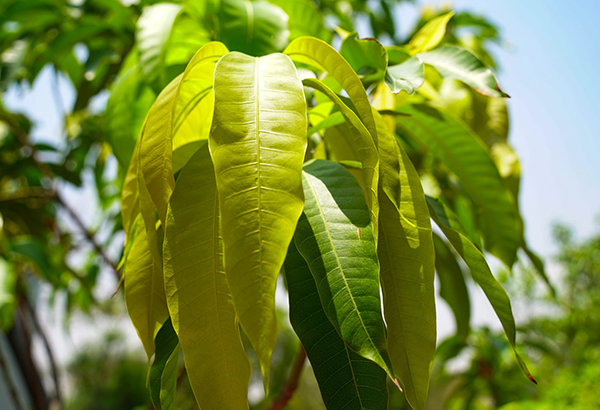
Davana: The fragrant plant of Davana is worshipped. Its flowers are offered to lord Bramha on this day. Davana leaves & incense is also burned as an offering to Bramha.
The fragrance of davana is believed to soothe and relax your senses.
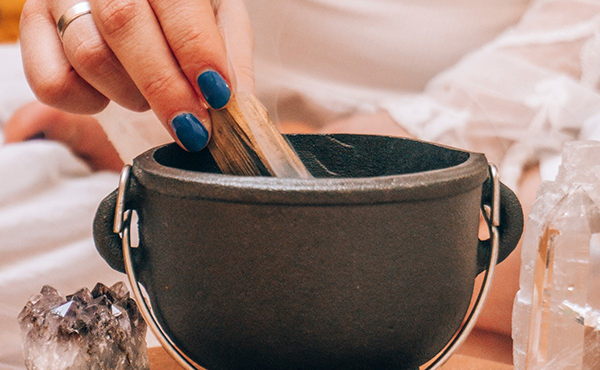
Mango Leaves: Mango leaves are used to decorate the house on Gudi Padwa. It is believed that mango leaves ward off the evil eye. People also infuse mango leaves in their teas.
Mango leaves are rich in vitamins A, B, and C and contain plant compounds that protect against diseases & inflammation in your body.
How You Can Participate
Events: Celebrate the Hindu New Year by participating in events at your closest Indian cultural societies.
Activities: Go for an oil massage or other relaxing wellness activities.
At Home: Do a spiritual cleanse by lighting incense or burning essential oils and herbs. Inculcate medicinal herbs into your diet on this day.
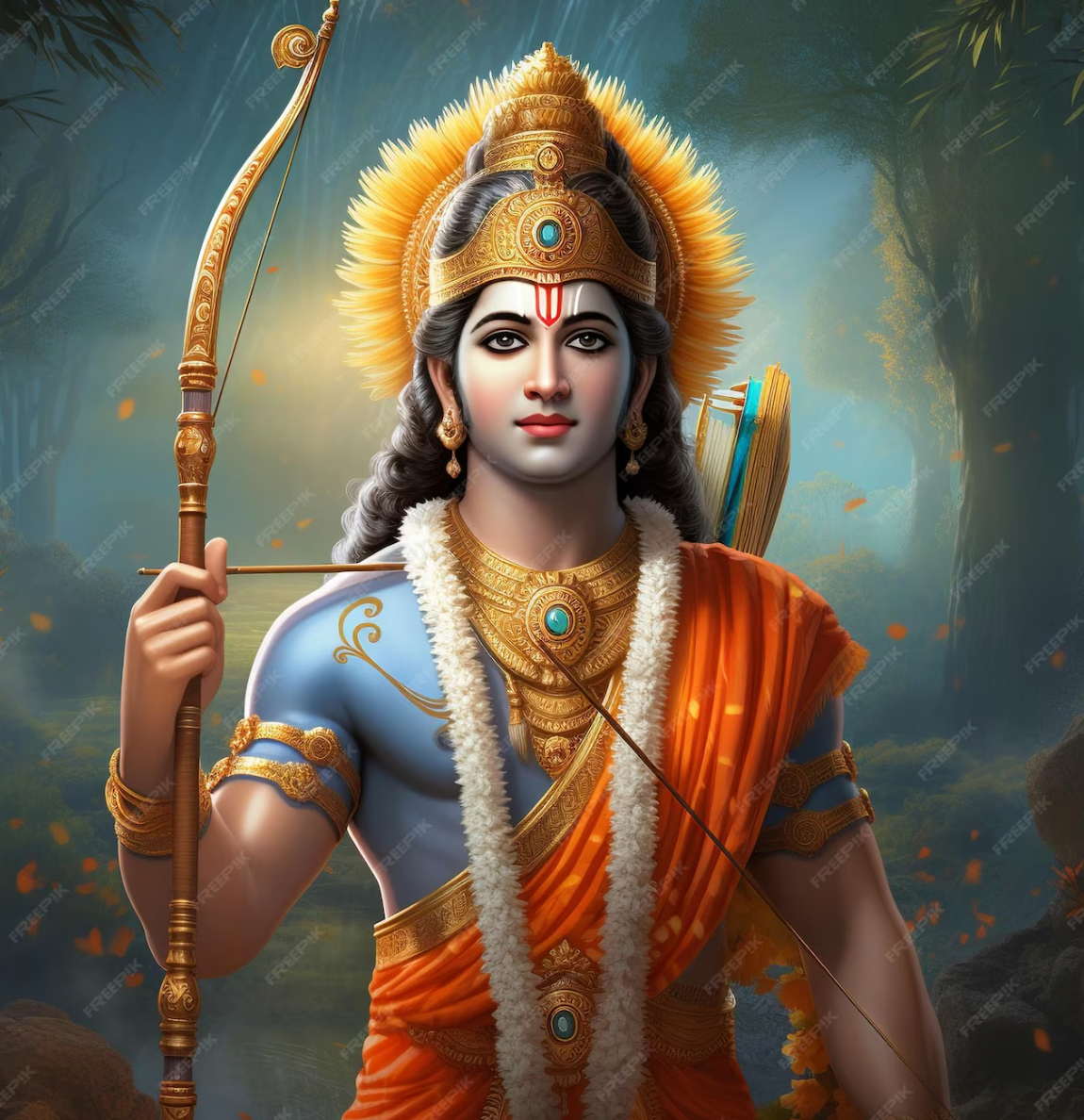
Ram Navami (17th April 2024)
Ram Navami
Ram Navami celebrates the birth of Lord Ram- an incarnation of the preserver God, ‘Vishnu’. Ram took birth during a time when humans had started gaining consciousness & differentiating between right and wrong.
Known as ‘Adipurush’- the first most righteous & dutiful man, he is said to have taken form to set the right precedent. His birth is of great sanctity to Hindus. Often depicted with a bow & arrow and a calm face, symbolising inner balance through the ebbs and flows of life.
Rituals of Ram Navmi

Ram Navami (17th April 2024)
Delicacies: Devotees savour various sweet and savoury dishes on Ram Navami. They distribute the offerings amongst each other. These dishes are vegetarian and do not contain any root vegetables as taking plant life is also considered inauspicious.
The traditional dishes of Ram Navami include black gram sauce, fried flatbread, and a sweet made from semolina.
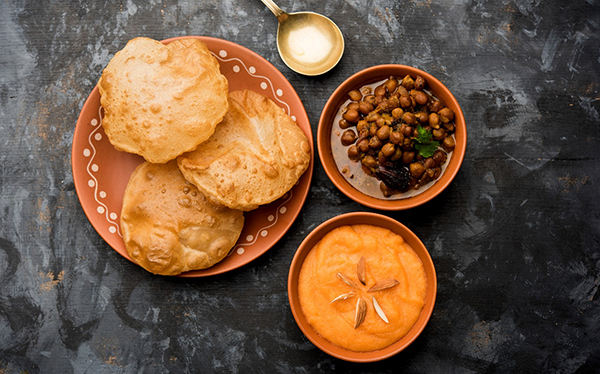
Ram Navami (17th April 2024)
Fasting: Since Navami is the 9th day of the Hindu month, devotees observe a fast while offering prayers and special delicacies to Lord Ram.
They break their fast by offering gratitude to Ram and therefore, the universe.
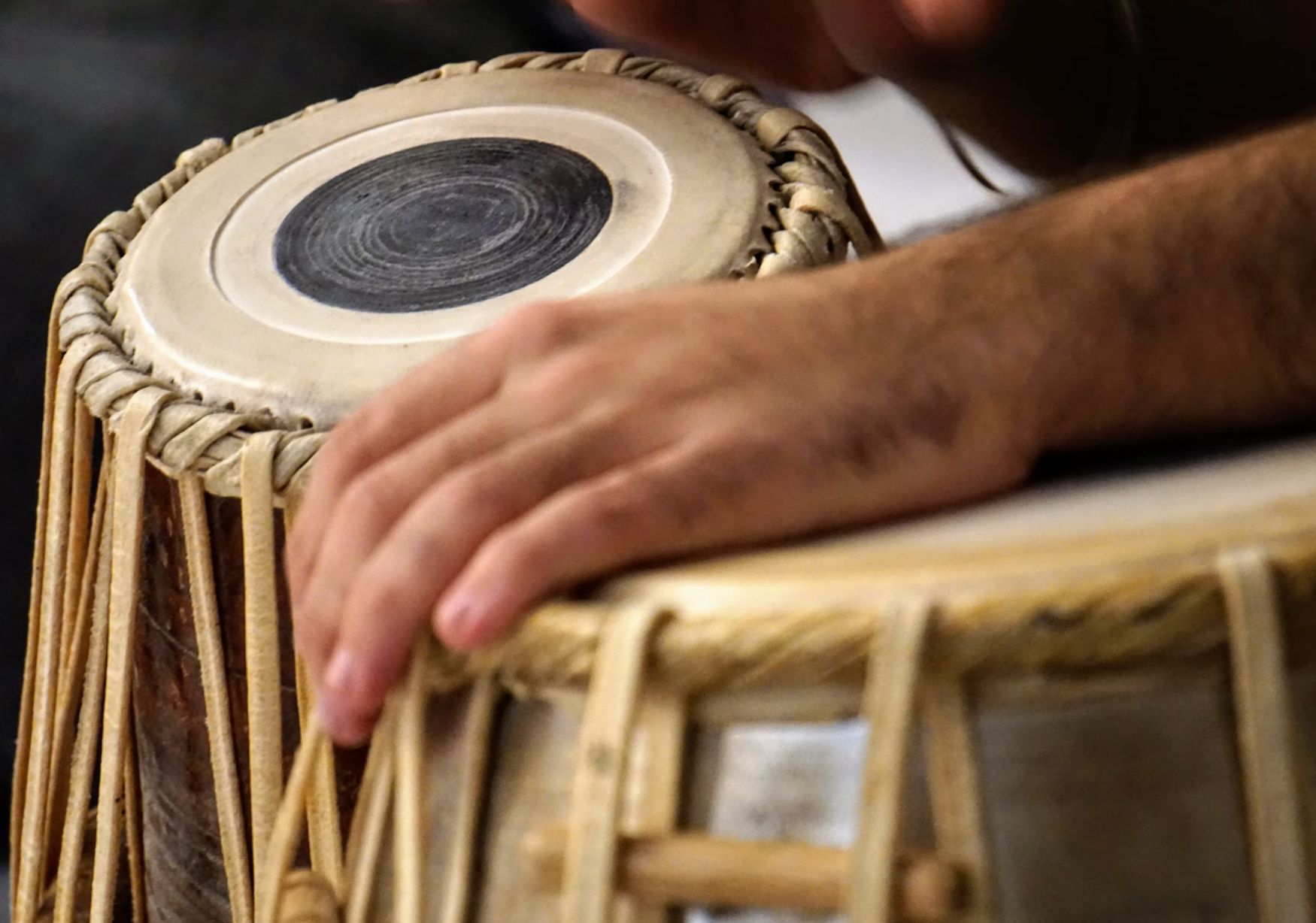
Wellness Related Traditions
Finding Inner Peace & Happiness
Ram Navami is a time to reiterate the Hindu epic of Ramayana which is a story of the life of Ram and learning from his example.
Ram’s conduct teaches one to balance emotions through the ups & downs of life, to develop a sense of calm through the tragedies of life, and to not let our happiness be the product of our condition.
Honouring God Through Music
To honour the essence of Ram, people worship him by singing bhajans and kirtans- live music & singing associated with the God.

How You Can Participate
Activities: Take part in a Kirtan session at your nearest temple / yoga studio. Attend a spiritual or a positive healing session.
At Home: Create a positive environment at home and meditate to calm your mind.
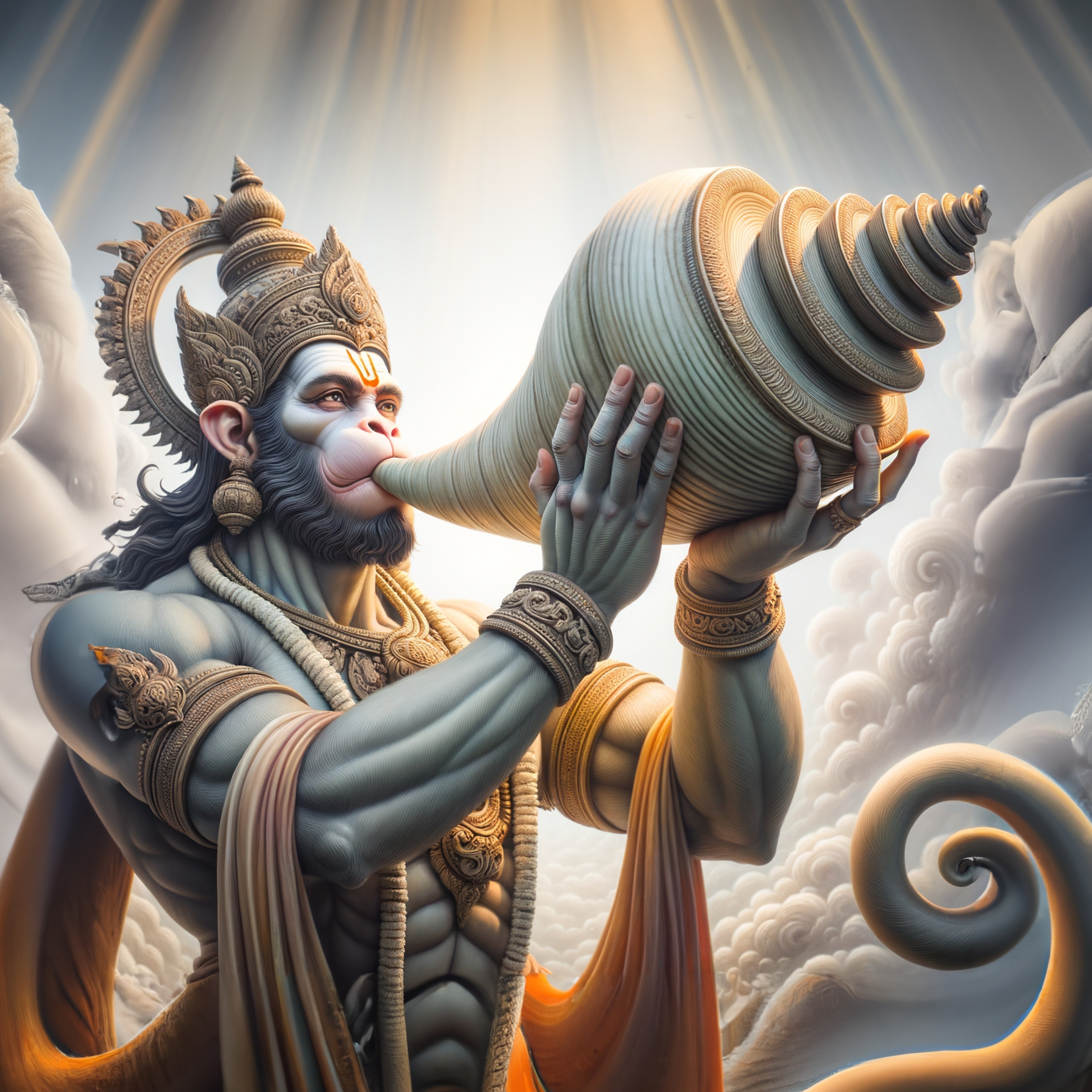
Hanuman Jayanti (23rd April)
Hanuman Jayanti
Hanuman Jayanti is celebrated to commemorate the birth of the Demi- God Hanuman. He is the God of protection with one of the most powerful energies. Born to a celestial fairy named Anjana and a Humanoid being ‘Kesari’ via a boon from the God of wind called ‘Vayu’.
Hanuman is believed to reside within the realm of the earth. He is believed to be the protective energy that looks after us. This day is celebrated across India with pomp.
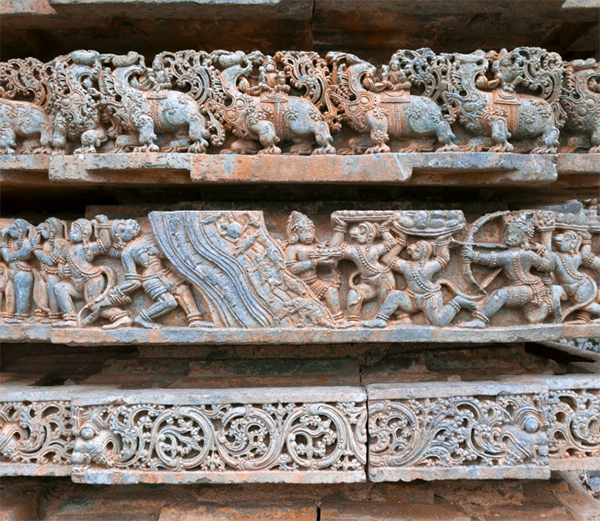
The God of Monkeys
Hanuman is also known to be the god of monkeys. In the holy book of Ramayana, he is believed to have gathered an army of monkeys to help lord Ram on his venture to destroy a giant.
This sweet tradition of seeing animals as equal forms of the divine is common in Hinduism. Along with the deity, monkeys are also offered food on this day.
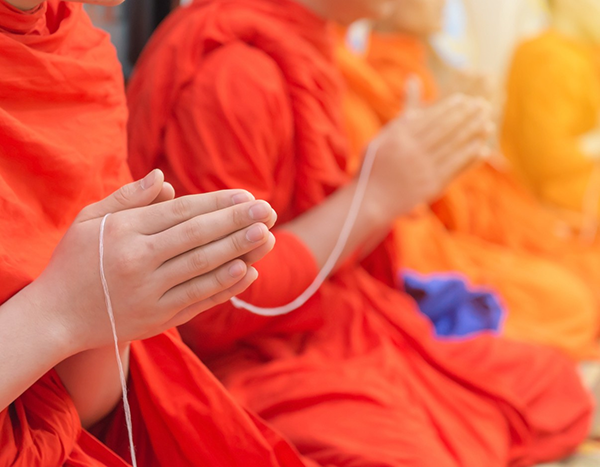
Themes of Hanuman Jayanti
Remove Blockages: On Hanuman Jayanti, people are meant to throw away any dysfunctional or blocked things to avoid blockages in the free flow of energy in the surrounding environment.
Hanuman devotees also put Sindoor, a red-coloured powder on themselves. Sindoor symbolises life-long protection & removal of obstacles for life to flow freely.
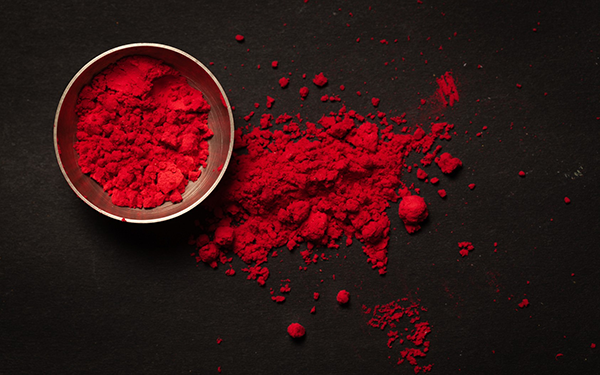
Chants For Protection
On Hanuman Jayanti, people chant Hanuman Mantras and poems in order to receive protection from lord Hanuman. They also offer him sweets & fruits, light oil lamps, and honour him through processions.
A good way to stay protected is to surround yourself with good thoughts and good-spirited people for your mental wellbeing.

How You Can Participate
Activities: This is a great day to take action to protect your surrounding environment. Light a candle on your altar.
At Home: Take a salt bath as salt is believed to have protective qualities. Declutter your space and allow energy to flow freely. Chant mantras while you meditate to release any stagnant energy.

